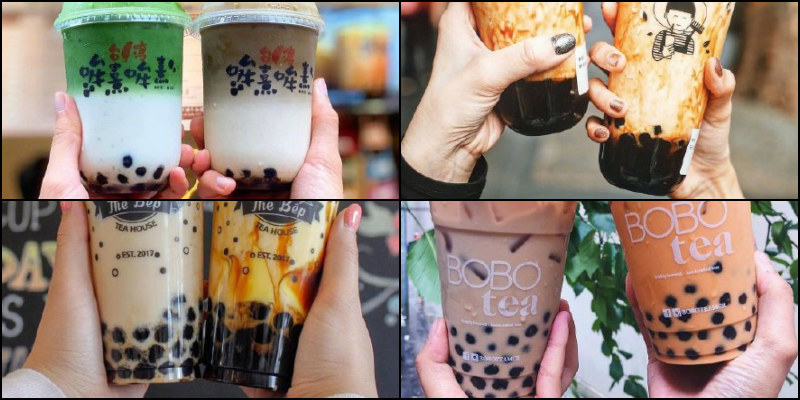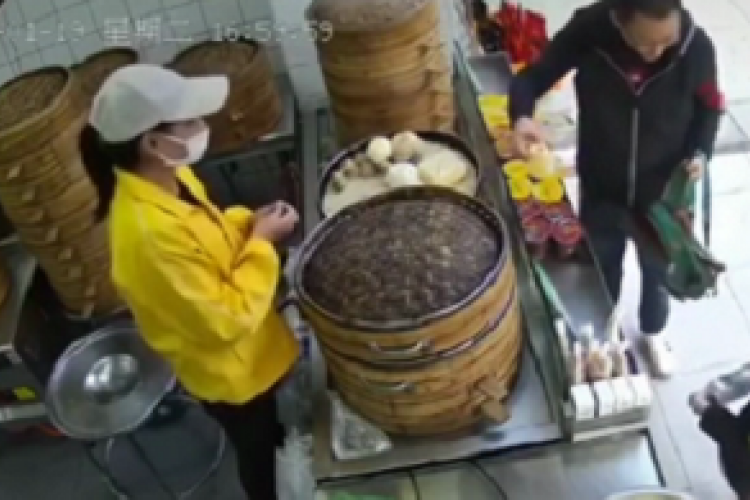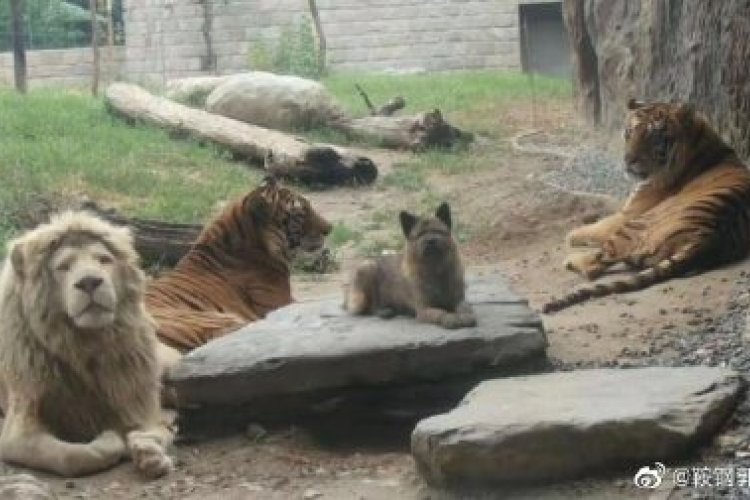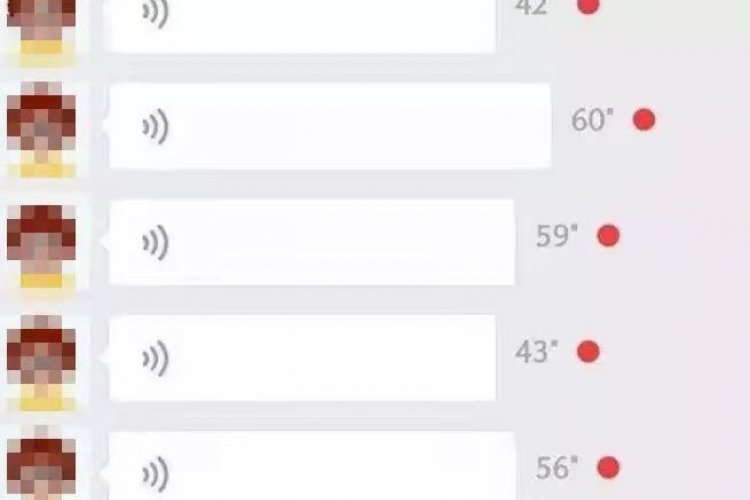Trending in Beijing: 2017 –> 2019, The Big Milk Tea Slump, and Fines for Single Use Cutlery
The fun, the strange, and the what-on-earth-is-this? Trending in Beijing is a wrap-up of top stories in Beijing as told by the trending hashtags, local press, and general power of the internet.
The two-year look-back: China's hottest meme of the moment

While Facebook is currently being flooded with #TenYearChallenge pictures, as people look back on the much simpler times of 2009, netizens across WeChat and Weibo have chosen to compare our current era against 2017 instead. Why 2017 exactly? No one seems to know.
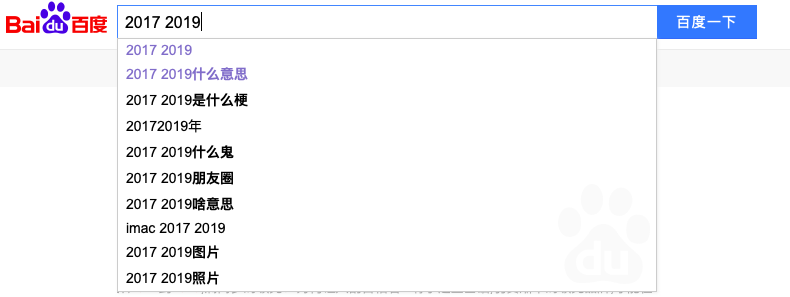
Some articles posit that looking back just one year to 2018 doesn't offer a drastic enough change, so some smarty pants put the challenge to 2017. Others have suggested that things change so damn fast in China that a two-year span is already more than enough. Whatever their reasons, Chinese netizens once again seized the opportunity to use their strongest weapon in their arsenal: self-deprecating humor. Be warned, despite the language barrier, some of these might hit uncomfortably close to home.
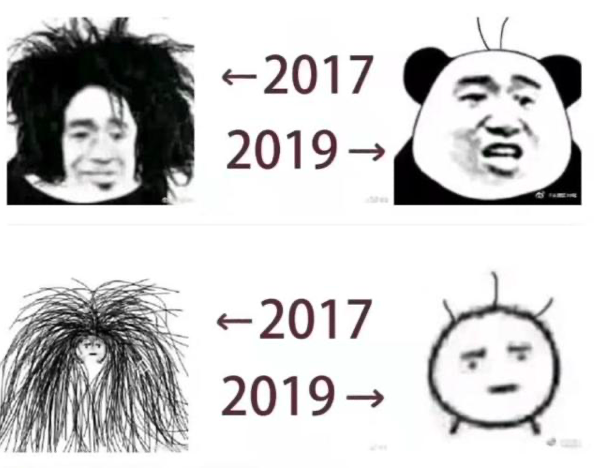
Thinning, dry, or otherwise damaged hair is something many of us can relate to – just blame the pollution! Actually, we can blame the pollution for literally anything, it's just something that you learn to live with in Beijing.
Other users mourned their lack of money, singleton status, and weight gain. While some savvy universities also got in the game and posted the pictures from their campuses, the fun level doesn't come close to sad memes, which we obviously prefer. #brokeninside.
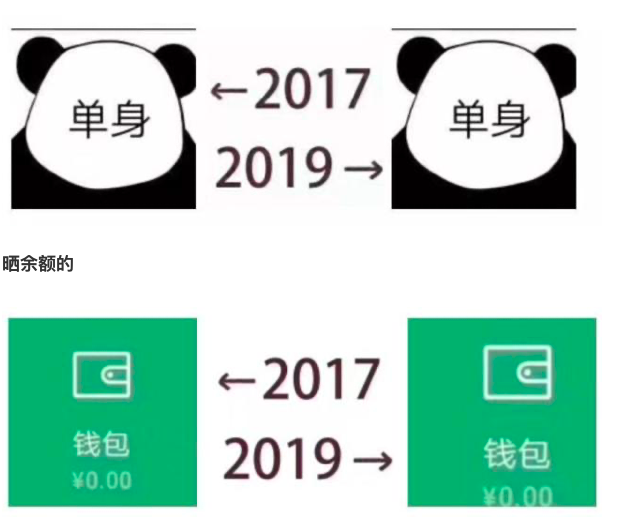
What does your life like as we close in on the next decade? Here at the Beijinger we also pondered the biggest changes that the last two years have brought, and came up with this souvenir of the times:

Find more memes to get you in a real holiday mood under #从2017到2019# (From 2017 to 2019).
Is the milk tea (tapioca) bubble finally bursting?

Cheese, fruit, dirty, matcha. You name it, there's a milk tea variety for it. Yes, from the mind-blowing queues at Hey Tea to one famous brand selling a single cup for RMB 300, the creamy drink has been riding a high wave for the last couple of years.
However, internet fame doesn't pay the bills. According to a recent report, 2019 has seen a record high of 23,664 new milk tea-related businesses open up in China, bringing the national total up to over 140,000. For comparison, back in 2000, China had less than 1,000 milk tea shops. The largest numbers of milk tea stores can be found in China's southern provinces: Guangdong (28,091), Guangxi (12,729), and Hunan (10,184).
The market is so saturated that it's practically a lake, and only 10 percent of businesses are reportedly making profit while the rest are scrambling just to break even.
Weibo users are not convinced that so many enterprises in the milk tea business are losing money: "If this is the case, why do my cousins who opened a milk tea shop earn so much money? There are so many people who drink it," writes one. Users are following the twists and turns of milk tea under #九成奶茶店不盈利# (90 percent of milk tea shops don't make a profit).
Disposable cutlery to become a thing of the past
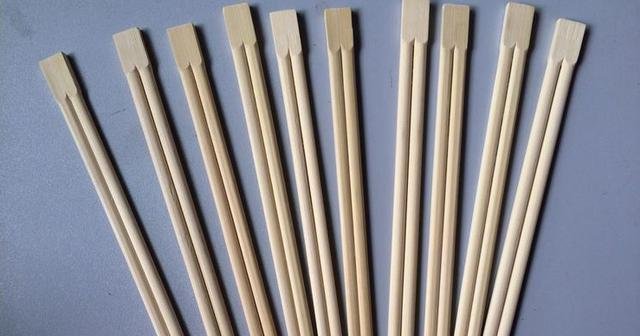
Earlier this year a new law was introduced that stated if the customer doesn't specifically request a set of disposable cutlery when making a takeaway order, the restaurant shouldn't provide it. The same rule applied to ultra-thin bags, which are almost completely useless after one use, and are a familiar sign to anyone who has traveled in the Chinese countryside ("Is that tree decorated for Christmas? No, it's just covered in ultra-thin bags!").
Yet if you've ordered waimai recently, you'll know that none of these rules were actually adopted, largely because there were no real punishments in place to incentivize offenders. That looks to change come May 1, 2020, when the city will introduce some real fines, with restaurants caught violating the law to be fined anywhere between RMB 5,000 and RMB 10,000. Repeat violators will be fined a whopping RMB 10,000-50,000. (Read our full report on the new regulations here.)
Netizens generally agree that the new regulations a good thing but are skeptical about whether they will be enough to make a difference. "If we really want to protect the environment, why don't we introduce fabric bags in shopping malls? We still pay to use plastic bags, why don't we just swap them all for fabric bags?" wrote one concerned user. Others called for disposable cutlery to be added to the menu as a chargeable item and help bring more profit to the restaurants. One of the users addressed the hottest question on everyone's mind: "What will happen to milk tea?", a takeout item renowned for its excessive waste.
Netizens continue the trash talk under #北京外卖不得主动提供一次性用品# (Beijing takeout will not be allowed to provide disposable products).
READ: A Load of Rubbish? Not So: Beijing Announces Long Overdue Trash Sorting Rules
Images: Weibo, twoeggz.com

